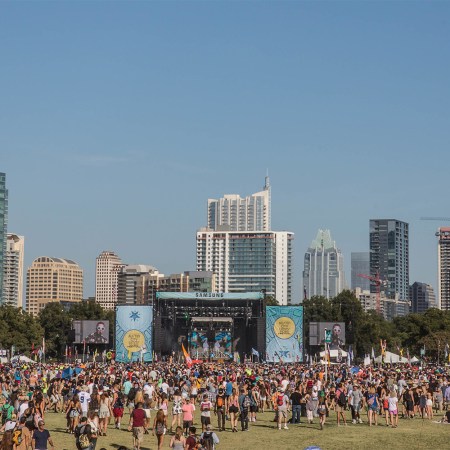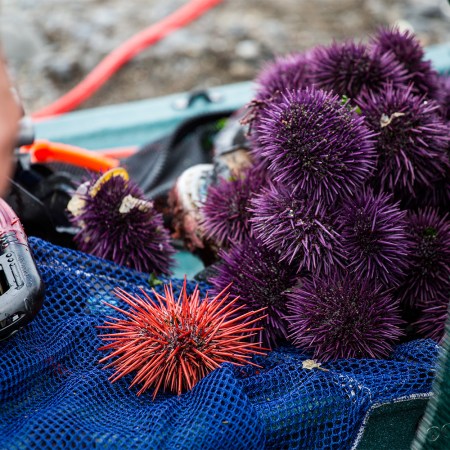Like many other festivals slated for this summer, Burning Man 2021 remains a giant question mark thanks to the ongoing COVID-19 pandemic. But despite the fact that they are yet to 100 percent confirm that their event will actually go on as planned in Nevada’s Black Rock City this year, the Burning Man Project is already introducing a new, extremely pricy way to reserve tickets.
The non-profit responsible for organizing Burning Man every year recently announced its “Invitation to the Future” program, which gives potential attendees the opportunity to purchase a $2,500 reservation that allows them to buy regular-priced tickets to the next two editions of the festival. In other words, diehard Burners looking to reserve their spot are being asked to pay $2,500 for the mere privilege to then buy their tickets to the event.
“The idea is simple,” the Burning Man Project writes in their announcement. “Those who have the financial means can buy a reservation that guarantees access to purchase one ticket to each of the next two Black Rock City events at the published Main Sale price. In other words, securing a reservation ensures you have an opportunity to get a ticket the next two times we can gather together in Black Rock City.”
There will be only 1,000 of the $2,500 “Invitation to the Future” reservations available, and a single person is only allowed to purchase up to two. The reservation can’t be redeemed twice in one year; it must be spread out over two consecutive years, and the $2,500 reservation fee is, of course, non-refundable.
It’s a move that feels catered to the ultra-wealthy, and it’s just the latest example of the ways in which the annual eight-day event has increasingly catered to a class of bougie, monied elites who look much different than the salt-of-the-earth flower children and weirdos who built the event. The Burning Man Project is a non-profit, and the funds they earn from ticket sales go towards securing the proper permits to hold the event on federal land, but they also don’t have to worry about many of the other expenses that more traditional festivals do. “To be fair, we also don’t do any promotional marketing of the event and we don’t pay performers or entertainers, which are significant costs incurred by other events,” the organization admits on its website. “Even with that cost savings, unlike other events, Black Rock City is a fully functioning temporary metropolis that exists for over a week and is built in the middle of a remote desert (the cost of which increases yearly).”
Once you enter Black Rock City, Burning Man famously purports to be a “commerce-free” space where attendees are encouraged to trade and share goods and supplies and provide entertainment to each other for free. It’s all part of the anti-consumerist, free-spirited ethos that has come to define the event over the years. But that doesn’t take into account the often-outrageous amount of money that attendees spend just to get there. While Burning Man does offer roughly 4,500 low-income tickets — priced at $210 each — for ticket buyers who are able to show proof of financial hardship, regular pre-sale tickets to the event cost a whopping $1,400, main sale tickets go for $425, and late registration tickets cost $550. That doesn’t include vehicle passes (which cost $140), travel expenses, camp fees or costumes. CNBC estimated that the total cost of attending ranges from “$1,300 to camp in a tent to $20,000 to glamp in an RV.”
In other words, these aren’t just a bunch of hippies setting up camp in the middle of the desert to celebrate some sort of egalitarian utopia where money doesn’t exist. In many cases, they’re obscenely rich people looking for a vacation from their own wealth by dropping acid and getting a little dirt underneath their fingernails (but not too much). As Business Insider reports, “In 2014, a Bay Area venture capitalist created a festival within Black Rock City that featured air-conditioned tents, showers, WiFi, and attendants — for $16,500 a week.”
But hey, if you’ve got an extra $2,500 to spend on an opportunity to spend an additional $16,500 to stay in the desert without feeling like you’re in the desert (in the middle of a pandemic, no less), you’d better act quickly. The Burning Man Project says only about 100 of the reservations are still available.
This article was featured in the InsideHook newsletter. Sign up now.






















